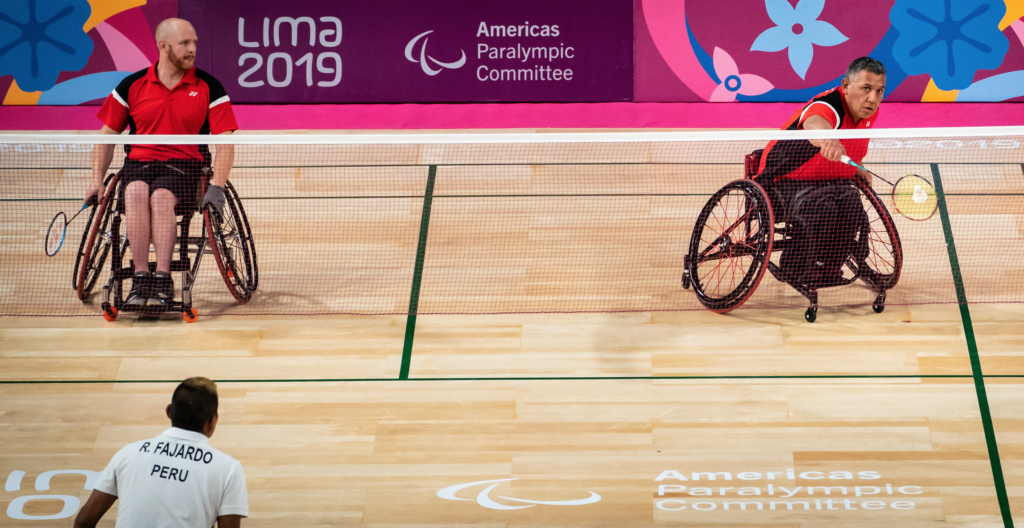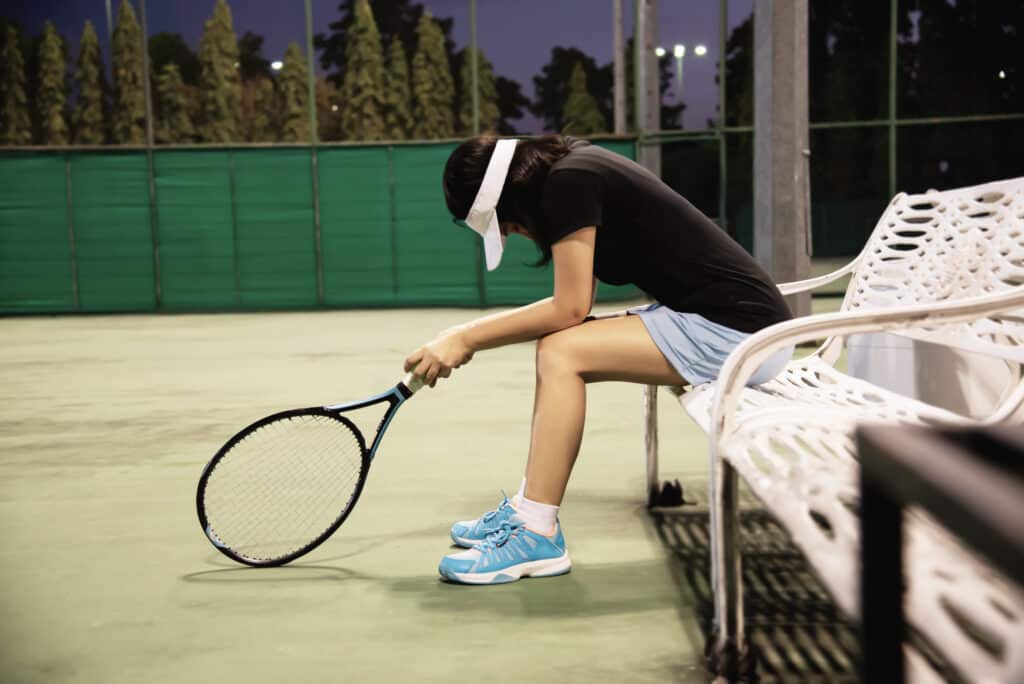Improving athlete mental health
Mental illness affects 35% of elite athletes, and some challenges—like performance anxiety and identity loss—are unique to the sport environment. In this video, McMaster university researchers discuss strategies like mental health awareness, individualized development programs, and mental health screenings to improve athlete well-being.
How “athlete transfer” is opening new avenues for development in Para sport

This blog is a part of a series created in collaboration with the Canadian Paralympic Committee and the Paralympic Athlete Transfer Task Force, spotlighting the opportunities and challenges of Para athlete transfer and multi-sport participation. When Richard Peter retired from wheelchair basketball following a gold-medal performance at the London 2012 Paralympic Games, the then-40-year-old didn’t think a second career…
Self-doubt and performance
Overestimating the abilities of other people can cause us to doubt ourselves. A study of competitive runners showed that athletes’ predictions of their performance can vary: overconfident athletes tended to have an inflated view of their ability, while underconfident runners overestimated their competitors. Finding a balance between confidence and doubt can help athletes optimize their…
Technology in officiating
Officials use technology to support decision making in sports such as tennis, basketball and American football. In 2018, the video assistance referee (VAR) was introduced into professional soccer to advise referees of clear and obvious errors during matches. Research shows that the use of VAR significantly increased the accuracy of key match decisions from 92.1%…
The impact of RED-S on performance
Relative energy deficiency in sport (RED-S) can negatively affect an athlete’s performance in many ways. For example, associated iron deficiency or iron deficiency anemia can decrease athletes’ aerobic work capacity. RED-S can also interfere with an athlete’s ability to consistently train and compete due to the increased risk of illness and injury.
Mental health in high performance sport
The mental health of athletes and key leaders supporting them is essential for performing consistently at the highest levels and achieving success in sport. The Mental Health Strategy for High Performance Sport in Canada provides a new roadmap for improving mental health outcomes for all Canadian athletes, coaches, and staff.
Para sport pathways
Researchers at Western University are partnering with the Commonwealth Games Federation to identify the factors that drive inclusion in Para sport and to develop a high performance pathway for Para athletes in the Commonwealth region of the Caribbean and the Americas. Preliminary findings show that access to athlete classification is a current limitation to both…
“I feel (un)safe when…”: What athletes have to say about high performance culture

Highlights In this article, researchers present their findings about Canadian high performance athletes’ perspectives on safe and unsafe sport environments, as well as recommendations for changes Athletes identified coach behaviour, teammate or fellow athlete behaviour, lack of resources and an inattentive sport system as key factors contributing to unsafe sporting environments Implementing initiatives to target…
Normalizing mental health in high performance sport
When USA Gymnastics legend Simone Biles put her mental health ahead of the competition at the Tokyo Olympic Games, she elevated discussions around mental health to historic levels. For Canadian athletes and team officials, working to normalize the conversation around mental health also took centre stage. Read more about Team Canada’s approach to mental health…
Race pacing for triathletes
Most triathletes use a “positive” pacing strategy, where they gradually decrease their speed as the race progresses. However, research shows that starting slower or staying at a constant speed leads to better results. By adopting a more conservative pacing strategy, triathletes and coaches can improve race performance.